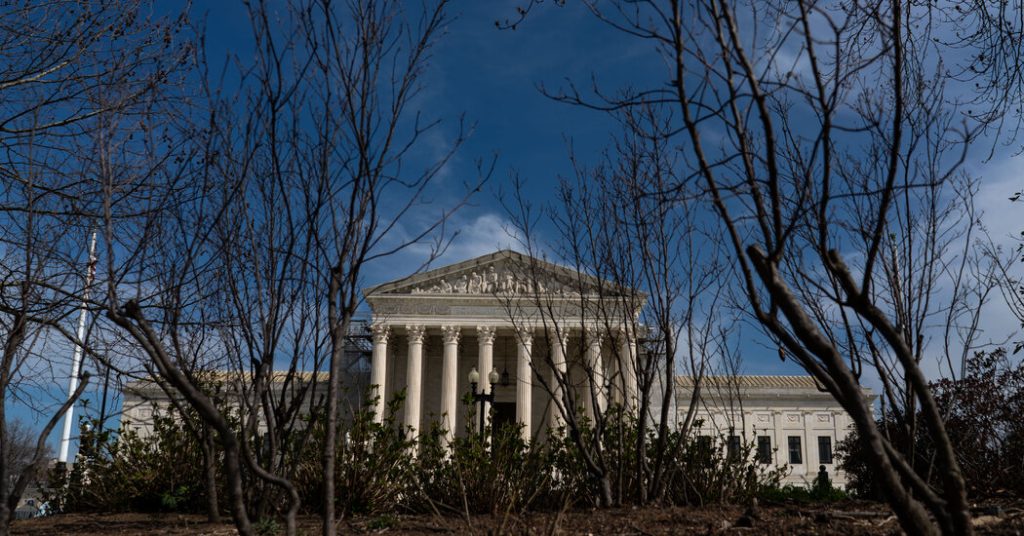The Supreme Court heard arguments regarding access to the abortion pill, with many justices expressing skepticism about efforts to limit access. The case involved a challenge by anti-abortion doctors and organizations who questioned the FDA’s approval of the drug. The pill, mifepristone, is used in nearly two-thirds of abortions in the United States and the FDA expanded access to it in recent years. The Biden administration asked the Supreme Court to intervene after a federal appeals court favored limiting distribution of the drug.
The case raises questions about whether the anti-abortion groups had the right to sue the FDA over the approval of the abortion pill. Justices, including Neil Gorsuch, questioned whether the individuals challenging the FDA’s decision had standing to bring the case. The focus on standing suggested that the Court may rule in favor of the FDA without addressing the merits of the case. The availability of mifepristone is a critical issue in the context of state-level abortion bans in more than a dozen states.
The legal challenge to the FDA’s approval of the abortion pill began with a group of anti-abortion doctors and organizations arguing that the agency erred in approving the drug. A federal judge in Texas initially invalidated the FDA’s approval, but a federal appeals court later limited the ruling, keeping the drug legal but imposing restrictions on access. A ruling in favor of the anti-abortion doctors could have broader implications for the FDA’s regulatory authority.
The Solicitor General argued for the government, warning of the potential consequences of limiting access to the abortion pill. The regulation of the drug could impact the authority of the FDA in approving and distributing other medications. The government also highlighted the impact on women’s reproductive rights and the pharmaceutical industry. The argument focused on whether the anti-abortion groups had shown concrete harm from the availability of the drug.
The case also involved discussions about federal conscience protections for healthcare providers who object to providing certain medical services. The anti-abortion doctors claimed moral injuries from having to treat women with complications from the abortion pill, while the government argued that medical complications from the drug are rare. The justices questioned who could bring a lawsuit challenging the FDA’s decision if the anti-abortion doctors did not have standing.
Overall, the Court’s questioning during the arguments suggested that many justices were skeptical of the anti-abortion groups’ challenge to the FDA’s approval of the abortion pill. The focus on standing and the potential consequences of limiting access to the drug raised concerns about the authority of the FDA and the impact on reproductive rights. The case highlights the ongoing legal battles over abortion access and the role of the Supreme Court in shaping policies related to reproductive healthcare.


